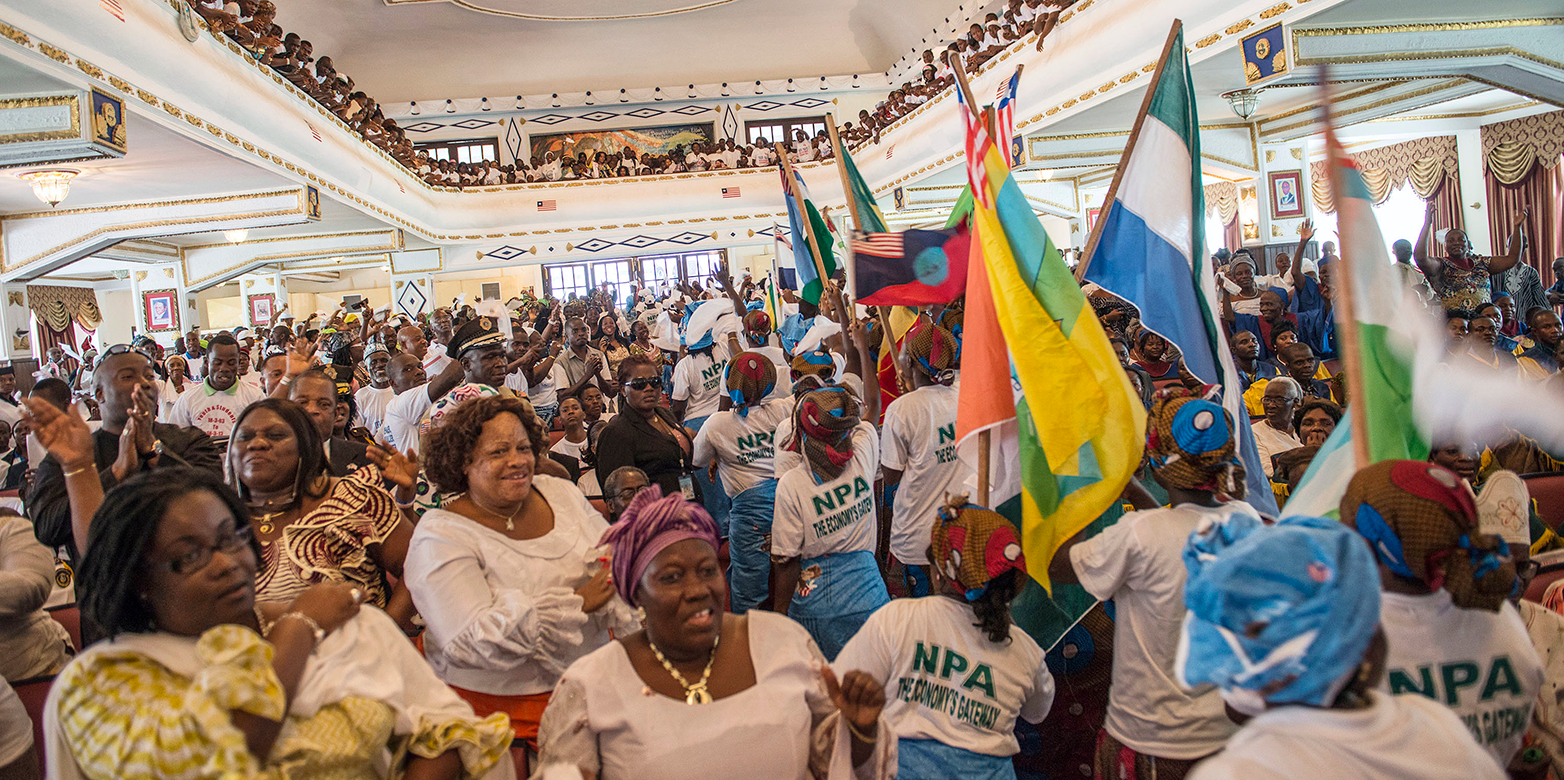Mediation and Peace Promotion
The CSS seeks to understand, develop, and promote the appropriate use of mediation in violent political conflict. We focus on mediation in peace processes; religion and culture in mediation; ceasefires and security arrangements; local peacebuilding; women in peace processes; environment and peacebuilding; peacebuilding in fragile contexts.

Recent Publications
Other Activities
Media Interview | Sudan: Wie gelingt eine Waffenruhe zwischen Konfliktparteien?
In Sudan, the military and paramilitaries have agreed to a renewed ceasefire, but the chances that both parties to the conflict will comply are slim. Why are ceasefires broken so often? What is the point of agreeing on these? CSS' Claudia Wiehler provides answers in an interview with SRF News Plus.
external pageListen to the interviewcall_made (in German)
Blog | Mediation Perspectives: MSN Commentary on the UN Practice Note on Climate Change and Peace Processes
In this CSS Mediation Perspectives blog, Simon J. A. Mason and Sebastian Kratzer reflect on the implications of climate change for peace mediation in reference to the recently published UN Department of Political and Peacebuilding Affairs Practice Note on that topic, which the Mediation Support Network (MSN) discussed in their recent meeting.
Blog | Mediation Perspectives: MSN Commentary on the UN Guidance on Mediation of Ceasefires
In this CSS Mediation Perspectives blog, Simon J. A. Mason and Govinda Clayton discuss what ceasefires are and how they relate to peace mediation in reference to the UN DPPA “Guidance on Mediation of Ceasefires”, which the Mediation Support Network discussed in their recent meeting. After reflecting on key points from the Guidance, the MSN members grappled with the questions: what insights and challenges do MSN members face in their work related to ceasefires? What are the gaps and ideas that might carry the Guidance forward?
Media Interview | Forschen für den Frieden
In this SRF Einstein episode on peace research, CSS' Simon J. A. Mason and Eemeli Isoaho present a part of their mediation training. In a simulated negotiation situation, participants experience at first-hand how complicated and lengthy a peace process can be. (from minute 11:12)
Publication Series
CSS Mediation Resources
Mediation Perspectives Blog
MSN Discussion Points
Peace Mediation Essentials
Other Mediation Publications
Topics
Mediation Support in Peace Processes
Religion and Mediation
Mediation Support Network
Ceasefire Project
Mediation and Governance
Environment, Development and Human Security
MAS Mediation in Peace Processes
Brochure (PDF, 5 MB)
MAS Homepage
Training
external pagePeace Mediation Coursecall_made
Religion Mediation Course
CSS Mediation Newsletter
Sign-up here
Contact
Dr. Simon Mason
Tel: +41 44 632 67 67
